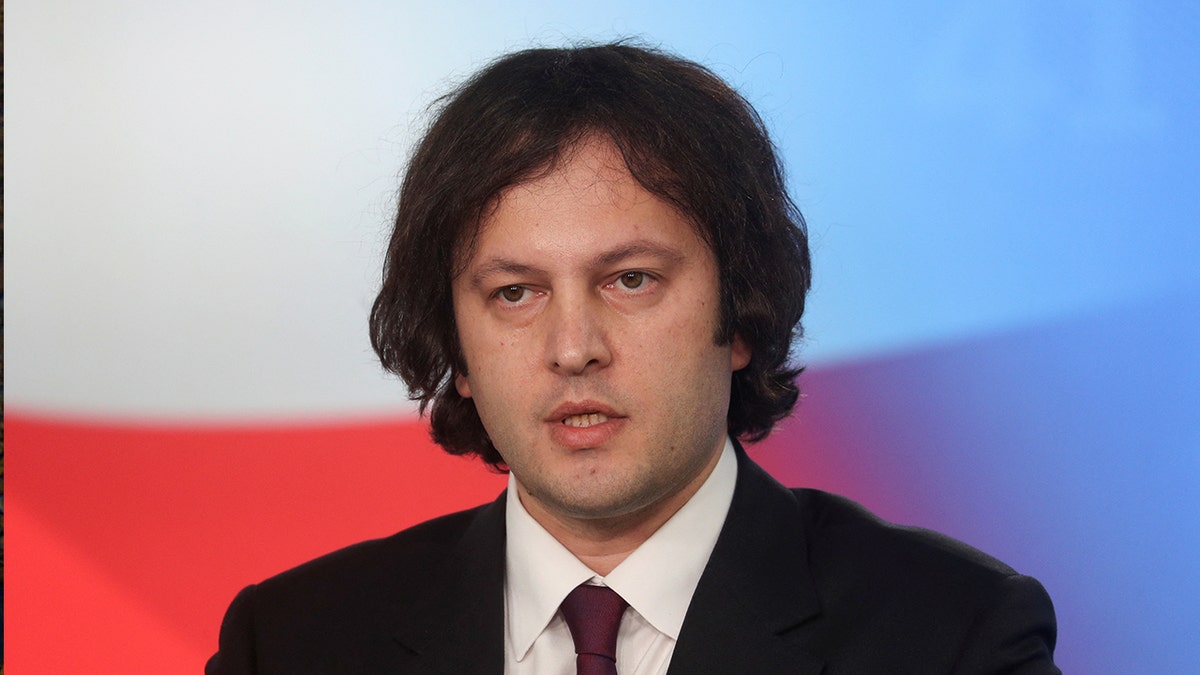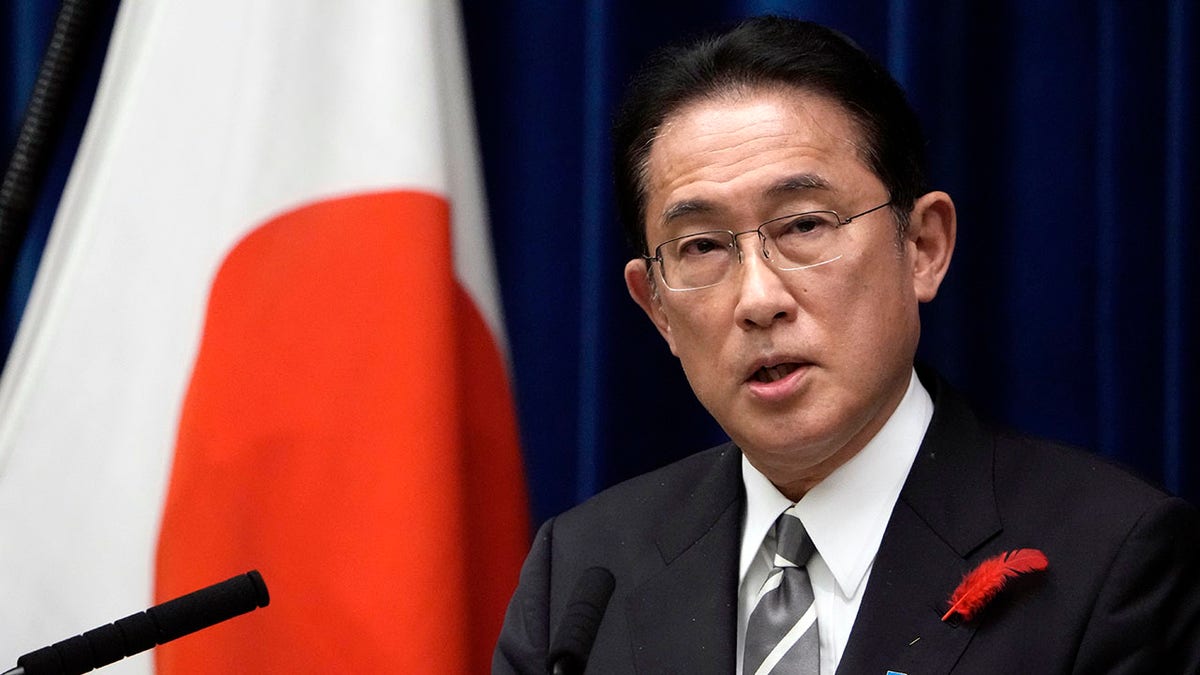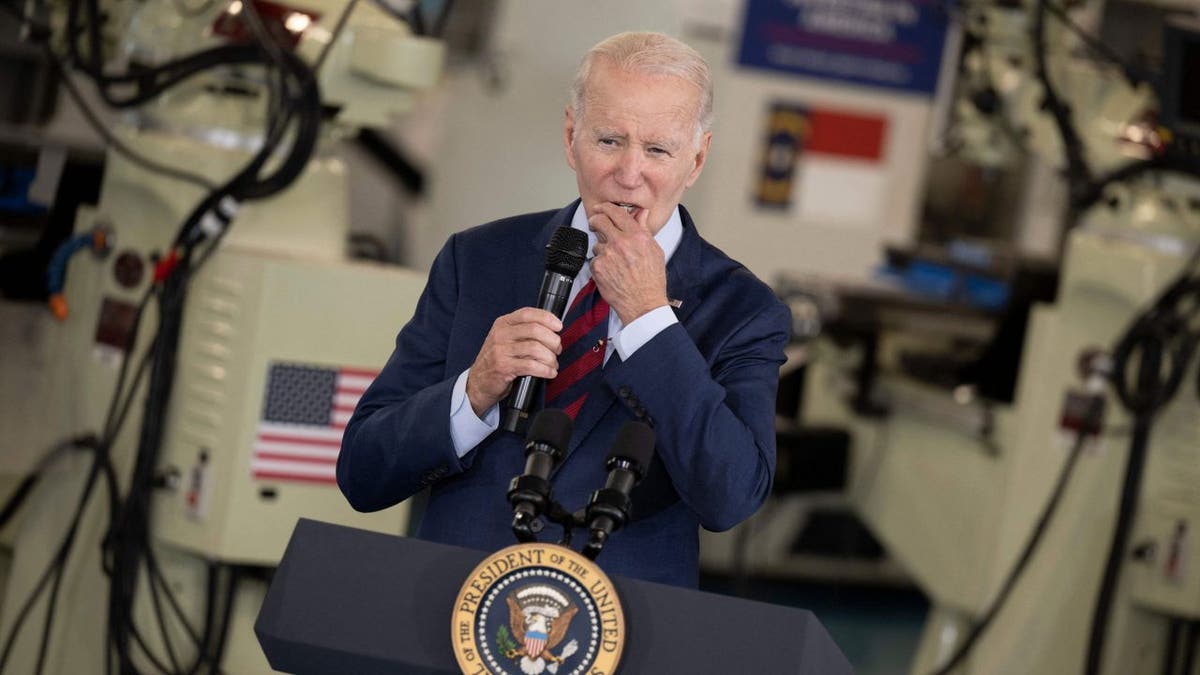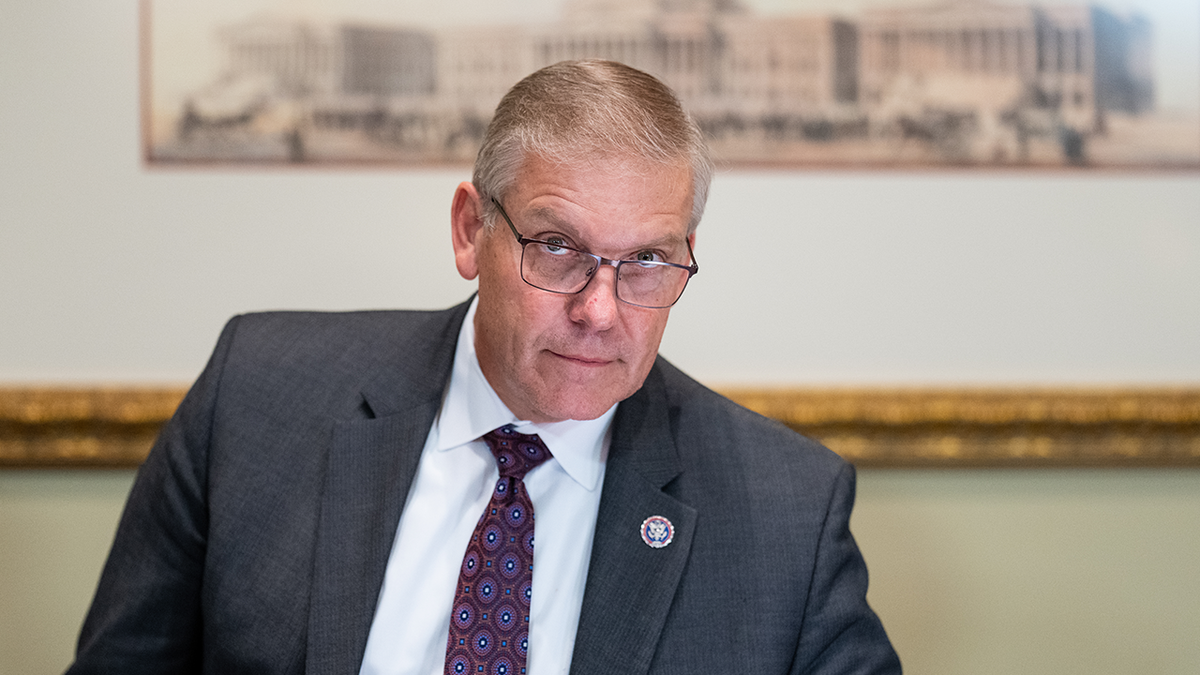Georgia finds itself in a political maelstrom following the governing Georgian Dream party's decision to suspend European Union accession talks for the next four years. This announcement triggered widespread protests in the capital, Tbilisi, and other cities across the nation, with demonstrators clashing with police who responded with water cannons and tear gas.

Prime Minister Irakli Kobakhidze defended the police crackdown, alleging foreign interference and an attempt to destabilize the country. He dismissed US criticism of "excessive force," claiming Georgian police acted with greater restraint than their American and European counterparts. Kobakhidze also downplayed the US suspension of its strategic partnership with Georgia, suggesting it was a temporary setback and anticipating dialogue with the incoming Trump administration.
Adding to the turmoil, outgoing President Salome Zourabichvili announced her refusal to leave office at the end of her term, citing the illegitimacy of the newly elected parliament. Kobakhidze countered, asserting her obligation to vacate the presidential residence. Georgian Dream has nominated Mikheil Kavelashvili, known for his hardline anti-Western stance, as their presidential candidate.
The crisis underscores Georgia's complex relationship with Russia. Despite leaning Westward and seeking NATO membership, recent government actions, such as requiring NGOs with significant foreign funding to register as "foreign agents" and enacting laws restricting LGBT rights, have raised concerns about a shift back towards Russian influence. Russian officials, including Dmitry Medvedev, have commented on the situation, describing it as an attempted revolution and warning of dire consequences. The Kremlin, while yet to officially respond, has historically accused the West of instigating unrest in former Soviet states.
The EU's new foreign policy chief, Kaja Kallas, expressed solidarity with the protesters and condemned the violence, warning of repercussions from the EU regarding Georgia's democratic backsliding and shift away from European integration.








